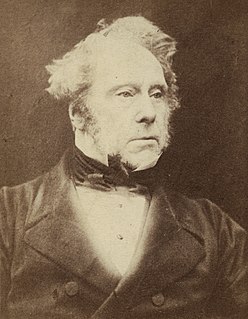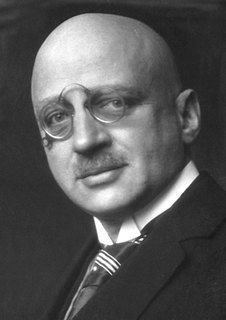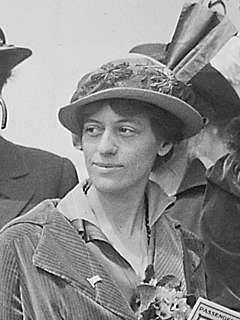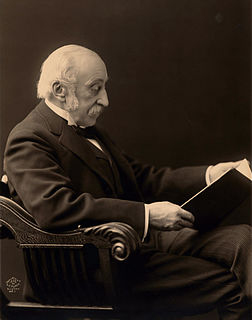A Quote by Henry John Temple, 3rd Viscount Palmerston
Peace is an Excellent Thing, and War is a great Misfortune. But there are Many things More valuable than Peace, and many Things Much worse than war. The maintenance of the Ottoman Empire belongs to the First Class, the Occupation of Turkey by Russia belongs to the Second.
Related Quotes
Peace is not just a colored ribbon. It's more than a wristband or a t-shirt. It's not just a donation or a 5 K race. It's not just a folk song, or a white dove. And peace is certainly more than a celebrity endorsement. Peace is a fulltime job. It's protecting civilians, overseeing elections, and disarming ex-combatants. The UN has over 100,000 Peacekeepers on the ground, in places others can't or won't go, doing things others can't or won't do. Peace, like war, must be waged.
In 1491 the Inka ruled the greatest empire on earth. Bigger than Ming Dynasty China, bigger than Ivan the Great’s expanding Russia, bigger than Songhay in the Sahel or powerful Great Zimbabwe in the West Africa tablelands, bigger than the cresting Ottoman Empire, bigger than the Triple Alliance (as the Aztec empire is more precisely known), bigger by far than any European state, the Inka dominion extended over a staggering thirty-two degrees of latitude—as if a single power held sway from St. Petersburg to Cairo.
War is harmful, not only to the conquered but to the conqueror. Society has arisen out of the works of peace; the essence of society is peacemaking. Peace and not war is the father of all things. Only economic action has created the wealth around us; labor, not the profession of arms, brings happiness. Peace builds, war destroys.
Perhaps civilization will never be safe until we care for something else more than we care for it. The hypothesis has certain facts to support it. As far as peace (which is one ingredient in our idea of civilization)is concerned, I think many would now agree that a foreign policy dominated by desire for peace is one of the many roads that lead to war.
The evils which of necessity encompass the life of man are sufficiently numerous. Why should we add to them by voluntarily distressing and destroying one another? Peace, brothers, is better than war. In a long and bloody war, we lose many friends, and gain nothing. Let us then live in peace and friendship together, doing to each other all the good we can.
There never was a good war," said Franklin. "There have indeed been many wars in which a good man must take part, and take part with grave gladness to die if need be, a willing sacrifice, thankful to give life for what is dearer than life, and happy that even by death in war he is serving the cause of peace. But if a war be undertaken for the most righteous end, before the resources of peace have been tried and proved vain to secure it, that war has no defense, it is a national crime.
The twentieth century had dispensed with the formal declaration of war and introduced the fifth column, sabotage, cold war, and war by proxy, but that was only the begining. Summit meetings for disarmament pursued mutual understanding and a balance of power but were also held to learn the strengths and weaknesses of the enemy. The world of the war-or-peace alternative became a world in which war was peace and peace war.


































